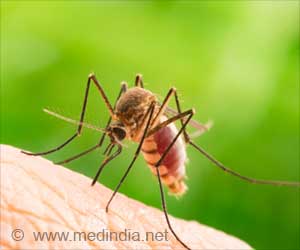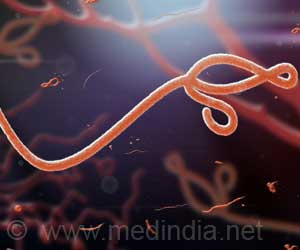The World Health Organization (WHO) said on Friday that universal access to a swine flu vaccine remains a critical question .
The World Health Organization (WHO) said on Friday that universal access to a swine flu vaccine remains a "critical question".
Speaking during a summit on the A(H1N1) virus, WHO assistant director-general Keiji Fukuda said guaranteeing the vaccine is distributed to underdeveloped nations will require "political goodwill."Fukuda was speaking at the close of the summit, which began Thursday at the Mexican beach resort town of Cancun.
The American continent remains the world region worst affected by the swine flu, which first appeared in Mexico in late April.
The virus has infected 89,921 people in 125 countries and territories and caused 382 deaths worldwide, according to the WHO's latest figures.
"One of the important results (of the summit) was that we recognized that we face technical problems, but also problems of political will," Fukuda said.
Access to a future A(H1N1) vaccine was a central theme of the specially-convened WHO summit, which brought together experts and ministers from about 50 countries.
The laboratories working to produce the vaccine, he said, can make 2.5 billion doses in six months.
If it works, the method could triple production.
But there are fears that most of the stock that will be produced has already been reserved by the United States and European countries.
Summit host Mexico appealed for "solidarity" in providing access to any future vaccine.
Mexican Health Minister Jose Angel Cordova said that money should not be "the only factor taken into consideration" in distributing the vaccine, so that poor nations are not penalized.
Mexican President Felipe Calderon also called for guarantees that developing countries would have access to the vaccine once it becomes commercially available.
Questions remain about whether countries in the Americas will be able to afford a sufficient amount of the vaccine to handle the epidemic and health authorities are worried that a new wave of cases could emerge in autumn when seasonal flu returns.
Meanwhile, new swine flu infections were reported Friday in Brazil and Peru.
Brazil's Health Ministry announced 19 new infections, raising the total number of cases in the country to 756.
One person in Brazil has died from the virus so far.
In Peru, the Health Ministry confirmed 90 new cases, raising the number of infections in the country to 811.
A second international conference on swine flu has been scheduled for August, and will be held in China.
Source-AFP
RAS
 MEDINDIA
MEDINDIA



 Email
Email







